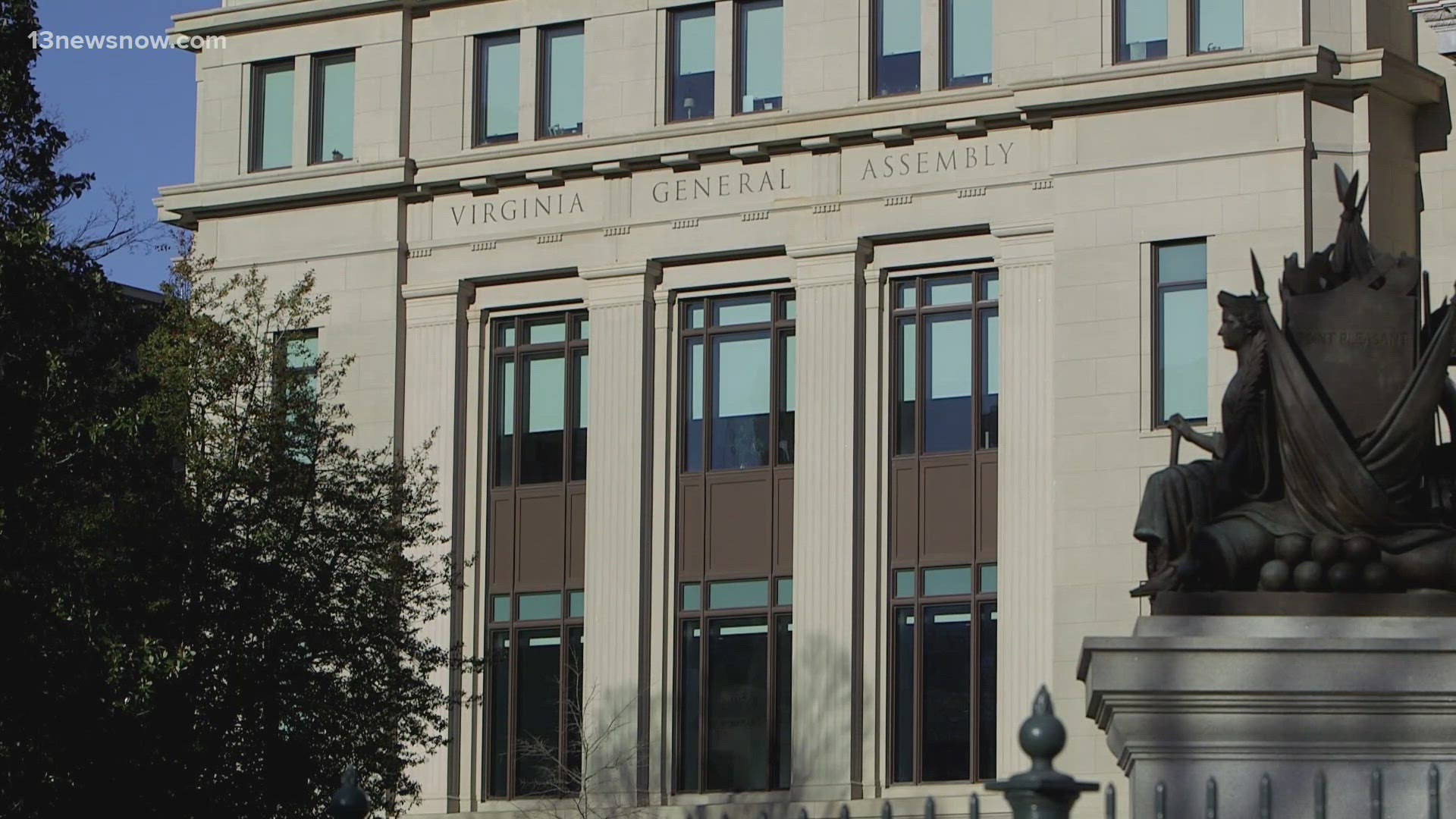NORFOLK, Va. — A new study from Virginia’s Joint Legislative Review and Audit Committee or JLARC is giving us a better look at the finances of an education benefit that helps spouses and children of military veterans in Virginia go to college.
The study found that if the program continues to grow, public colleges and universities could be left on the hook for lost tuition revenue if lawmakers don’t change how the benefit works.
The Virginia Military Survivors & Dependents Education Program, also known as VMSDEP, waives tuition and fees for the spouses and dependents of disabled military veterans.
Rapid growth in the program in recent years has seen costs balloon for public universities. Officials with JLARC say the waiver is costing institutions around $90 million a year.
Earlier this year, the General Assembly set aside more than $60 million dollars to address the gap in funding, but a substantial amount still remains.
"There's a difference of 25 million or so because the program has grown so quickly," said Justin Brown, the senior associate director of JLARC.
The study's recommendations for the long-term viability of the program include reimbursing schools for lost revenue, modifying existing eligibility requirements and lowering the benefit amount. No matter what option is taken, the committee recommended a slow rollout to avoid potential negative impacts on those who use or plan to use the program.
Many military families told 13 News Now that they are fatigued when it comes to arguing for what they call an "earned benefit."
Kayla Owen is the spouse of a disabled military veteran, and she says the new study lacks clarity.
"This does not contribute to helping people make decisions," Owen said.
She feels the lack of transparency in research methodology and final presentation on behalf of JLARC doesn't guide lawmakers or stakeholders. Owen is the co-founder of the Friends of VMSDEP, a Facebook group with 3,000 veterans, their families and supporters that defend the waiver.
The Virginia General Assembly is set to reconvene on Jan. 8.

